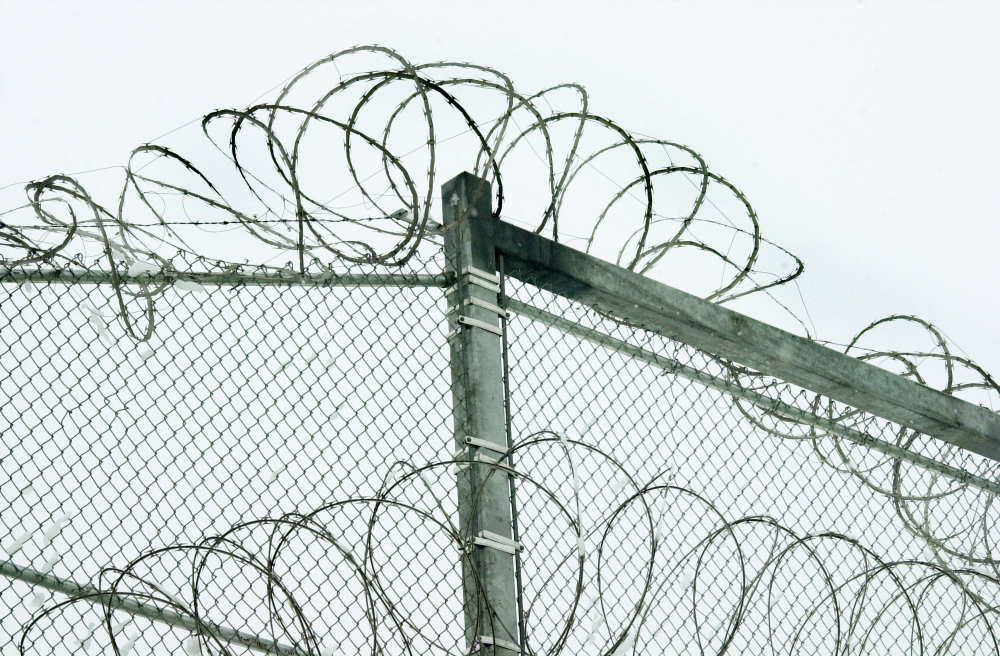I was glad to see the Maine Voices column by Maine State Prison inmate Jeffrey Libby (“Transition plan necessary to reduce recidivism rates among ex-cons,” Oct. 5). He gave advice that our state officials need to heed, in order to save money in the long run.
The vast majority of individuals in our prisons are there for a limited period of time. If we are to protect ourselves, we must effectively help them to change so we will be safe when they return to live in our communities. That means we should help them develop the skills they will need to hold a job and contribute to our economy.
Prisons must be places where they can rid themselves of addictions, get needed therapy, become educated and learn usable job skills. In other words, we must be funding a Department of Corrections that actually corrects behaviors, rather than simply isolating people who broke laws.
Part of that work requires effective transition and after-care programs for those who are released, helping ex-inmates to re-establish family ties and other supportive relationships, as well as finding a safe place to live.
Most important of all, ex-inmates face huge barriers in getting a job, and it is in our own interest to facilitate their efforts to find employment. We want them to become self-sufficient, so they become not likely to re-offend.
These things cost money. Unless we are willing to spend what we need to accomplish these goals, we are being penny-wise and pound-foolish.
Cushman D. Anthony
Falmouth
Send questions/comments to the editors.



Success. Please wait for the page to reload. If the page does not reload within 5 seconds, please refresh the page.
Enter your email and password to access comments.
Hi, to comment on stories you must . This profile is in addition to your subscription and website login.
Already have a commenting profile? .
Invalid username/password.
Please check your email to confirm and complete your registration.
Only subscribers are eligible to post comments. Please subscribe or login first for digital access. Here’s why.
Use the form below to reset your password. When you've submitted your account email, we will send an email with a reset code.